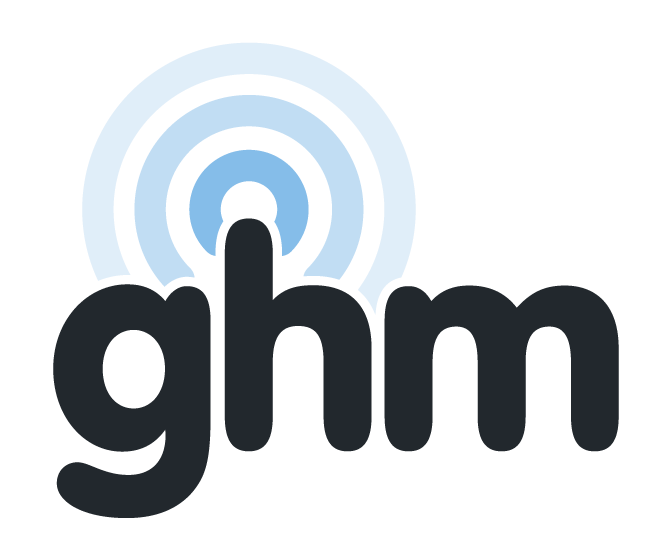Brussels to increase regulation of Skype and WhatsApp
Report by the FT
Brussels will tighten its regulatory grip over online services such as WhatsApp and Skype in a radical overhaul of the EU’s rules on telecoms due out in September.
According to internal documents seen by the Financial Times, so-called “over-the-top” services operated by groups such as Facebook, which runs WhatsApp, and Skype owner Microsoft would in future have to abide by “security and confidentiality provisions” demanded by the EU.
The move is the clearest indication yet that the bloc is attempting to assert some measure of control over the predominantly American companies that dominate the sector. At the moment, such services fall into a legal grey area with the bulk of regulation aimed at traditional telecoms groups.
The European Commission, the EU’s executive body, will issue an initial announcement in September before spelling out the provisions in a separate review of the EU’s “ePrivacy” law later this year, according to the documents.
This will touch on how services such as WhatsApp comply with requests from security agencies and the ways in which companies can make money from customer data, according to officials.
The plan comes as part of a wider reform of the EU’s telecoms policy, which is aimed at helping increase access to fast broadband across the bloc as well as ironing out differences in regulation faced by telecoms groups and their internet rivals.
Commission officials argue that over-the-top services, which let users deliver calls and messages via the internet, should be regulated in a similar way to the services they have rapidly replaced, including SMS text messaging and traditional voice calling.
Big telecoms groups such as Spanish giant Telefónica and the French operator Orange have complained for years that the likes of Google, Microsoft and now Facebook have benefited from light-touch regulation.
Britain had been the biggest critic of burdening services such as WhatsApp with further regulation. While the UK will still play a full role in negotiations, at least until its divorce proceedings are officially launched, it is likely to be less influential than it was before it voted on June 23 to leave the EU, according to officials in Brussels.
Some countries are expected to act sooner on a national basis. French telecoms regulator Arcep will decide in September whether to force Google, Viber and Skype to register as a telecoms provider.
As part of the same review, services that let users dial a phone number online face being roped into stringent EU rules on telecoms, according to draft documents seen by the Financial Times.
This would give national regulators across the EU a bigger say in the operations of the US giants, as well as compel them to offer access to emergency service numbers.
Calls that take place without using a number, such as Skype-to-Skype calls, will not be affected by this rule, despite years of complaints from rivals in the telecoms sector.
The proposals, to be unveiled in mid-September, will trigger months of talks among member states and frantic lobbying from telecoms and internet groups.
The telecoms sector is one of the most fiercely lobbied in Brussels, with national champions going head-to-head against each other and, increasingly, against big internet groups such as Google.
GHM Communications provide, install and maintain business telephone systems.
